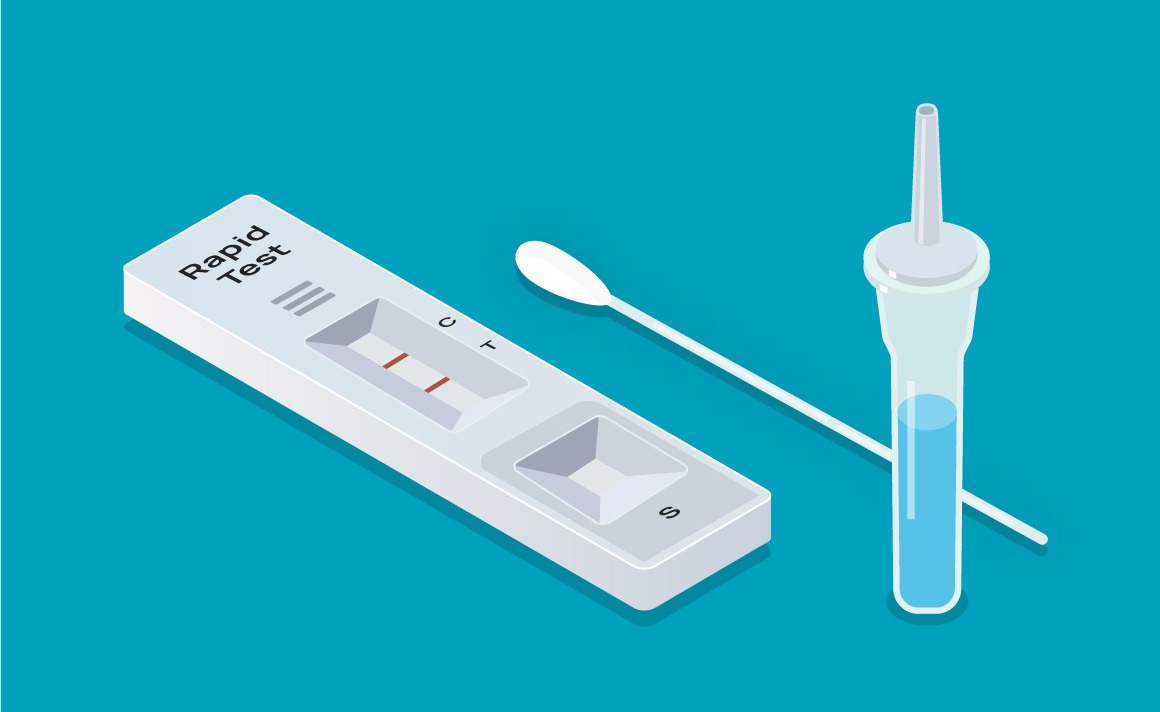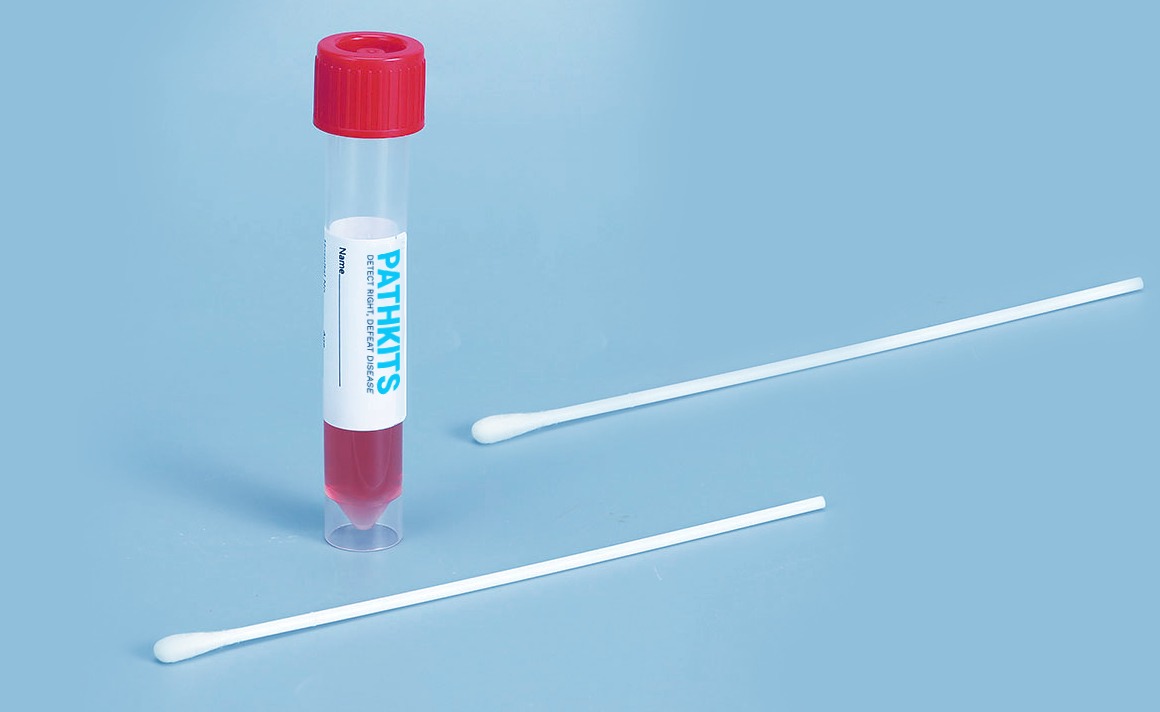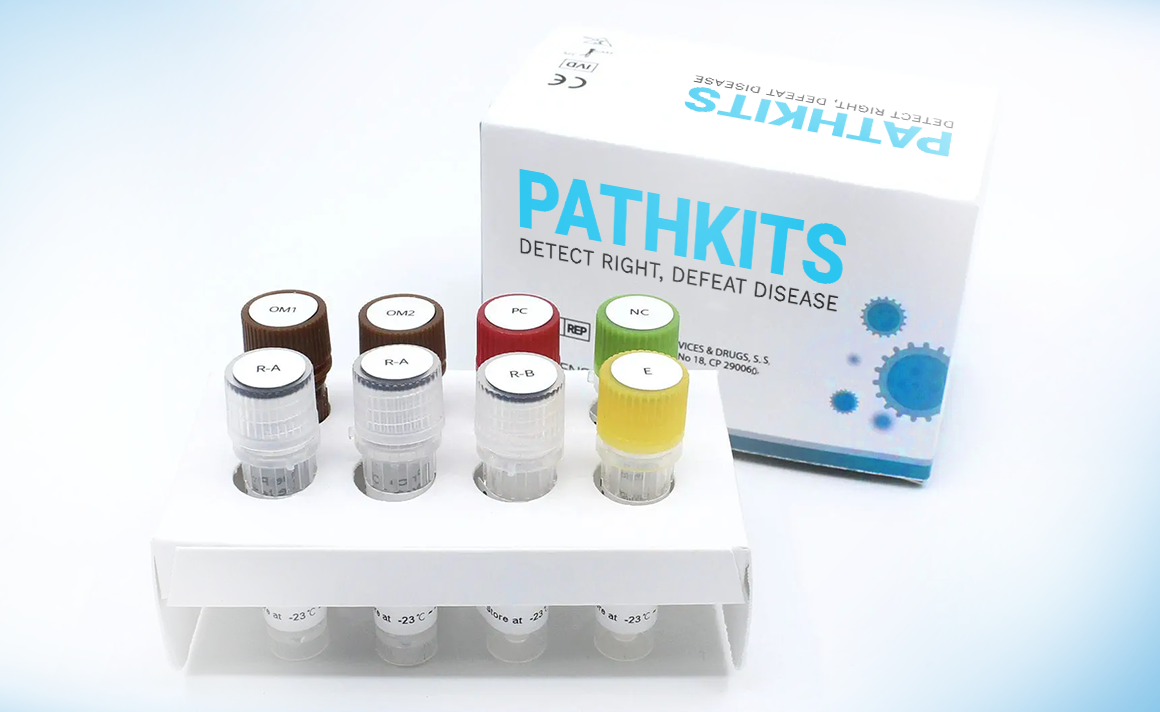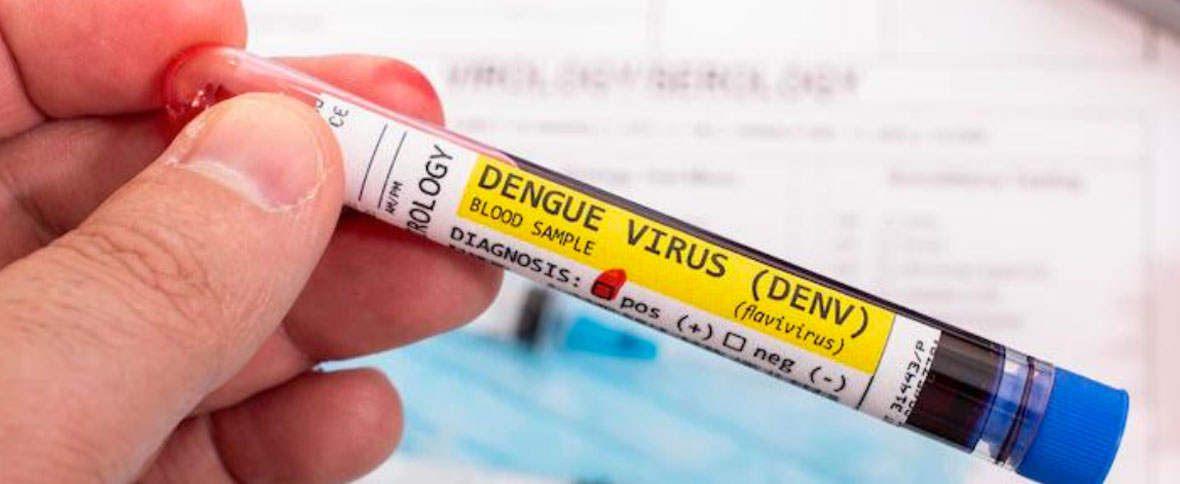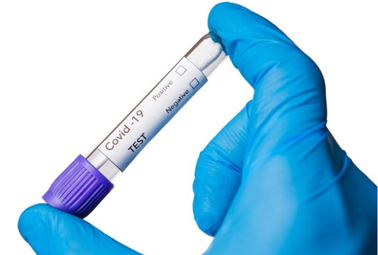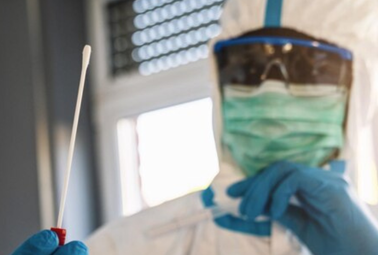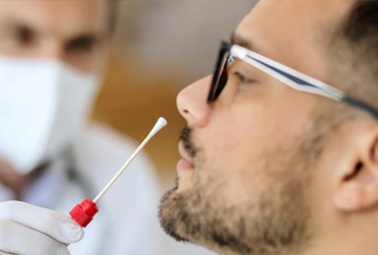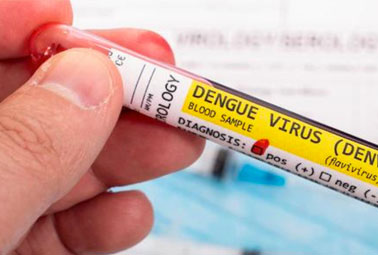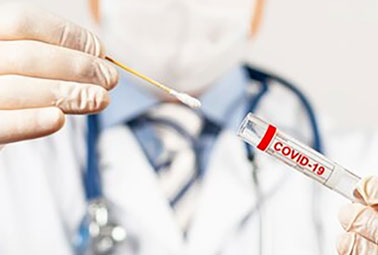Dengue Fever is a mosquito-borne viral infection. Dengue virus is found in the blood, saliva, and other bodily fluids of infected people. When a dengue virus enters your body, it can quickly infect many organs, cells, and tissues. This infection may not cause signs or symptoms while you are alive or they may be hard to see. However, this disease has no cure and half of the people who get it become severely ill. Dengue rapid tests detect the presence of antibodies in your blood that show you have been infected by dengue virus. In the article below we will discuss how these rapid tests work and how they vary from traditional blood tests.
What is Dengue Fever?
Dengue fever is a tropical disease caused by the dengue virus. It is transmitted by mosquitoes, and symptoms include fever, headache, muscle and joint pain, and rash. There is no specific treatment for dengue fever, and it can be fatal in some cases. Early diagnosis is important for proper treatment.
There are several rapid tests available for the diagnosis of dengue fever. These tests can be performed at home or in a health care setting, and they usually provide results within minutes. The most common types of rapid tests are dengue antigen-based tests and dengue antibody-based tests.
Antigen-based tests detect the presence of the dengue virus in the blood. These tests are usually performed with a finger prick or blood draw, and they can give results within 15 minutes. Antibody-based tests detect antibodies that the body has produced in response to the dengue virus. These tests are usually performed with a blood draw, and they can take up to an hour to provide results.
Both types of rapid tests have their advantages and disadvantages. Antigen-based tests are more sensitive than antibody-based tests, but they can give false positive results in people who have been infected.
How does a Rapid Test work to detect Dengue Fever?
A Rapid Test is a diagnostic tool that can be used to quickly identify the presence of Dengue Fever in an individual. The test works by detecting the presence of antibodies that are specific to the Dengue virus in the blood. This allows for a rapid and accurate diagnosis of the disease.
What are the Symptoms of Dengue Fever?
Dengue fever is a mosquito-borne illness that can cause a range of symptoms, from mild to severe. The most common symptoms are fever, headache, nausea, vomiting, muscle and joint pain, and rash. Dengue fever can also lead to more serious complications, such as hemorrhagic fever (a condition characterized by bleeding under the skin) or dengue shock syndrome (a condition characterized by low blood pressure and severe organ damage).
Who should get tested for Dengue Virus and when?
If you have Dengue Virus, it is important to get tested so that you can get the proper treatment. There are two types of tests available for Dengue Virus, a Rapid Test and a more traditional Blood Test.
The Rapid Test is the preferred method for most people as it is less invasive and can be done quickly. The Blood Test is generally used for people who are already hospitalized with Dengue Virus or for people who have severe symptoms.
If you think you may have Dengue Virus, it is best to see a doctor as soon as possible. The sooner you are diagnosed, the sooner you can start treatment and begin to feel better.
Conclusion:
There are a number of ways to identify dengue fever, but the most effective method is through the use of rapid tests. These tests can be performed at home or in a doctor’s office, and they are relatively inexpensive. If you are experiencing any symptoms of dengue fever, it is important to see a doctor as soon as possible so that you can begin treatment.
More from Pathkits
Get useful wellbeing tips and advice straight to your inbox
Our Brands
Take a look at our subsidiary companies.
Looking for superior quality diagnostic services at the lowest prices?
Look no further! We are an ISO-Certified, ICMR-approved diagnostic kit manufacturer and supplier. Our strong logistic network and manufacturing expertise empowers us to deliver highest quality products quickly and reliably. We have export licenses for hassle-free worldwide exports.
Bulk orders or government contracts? We have got you covered!
What’s next?
One of our team managers will get in touch with shortly.

